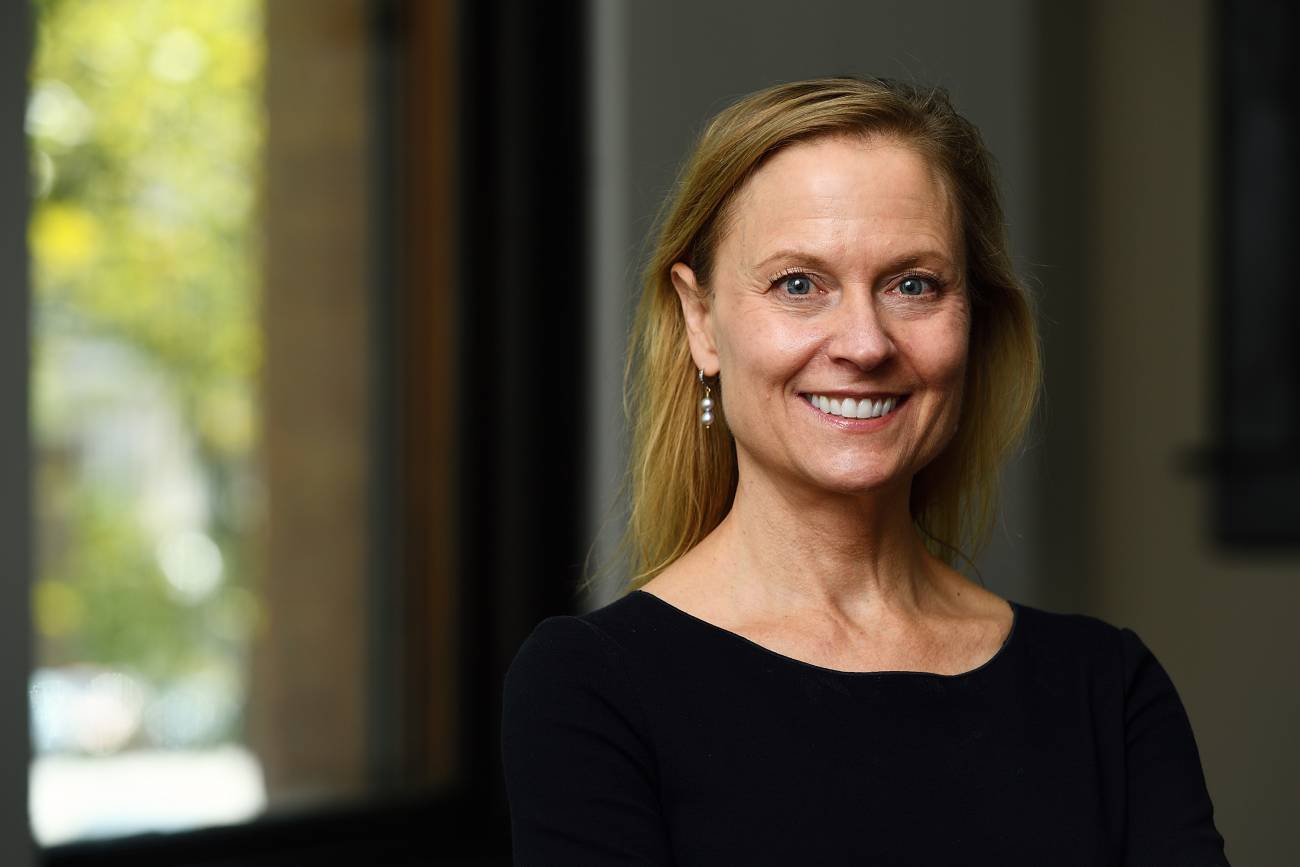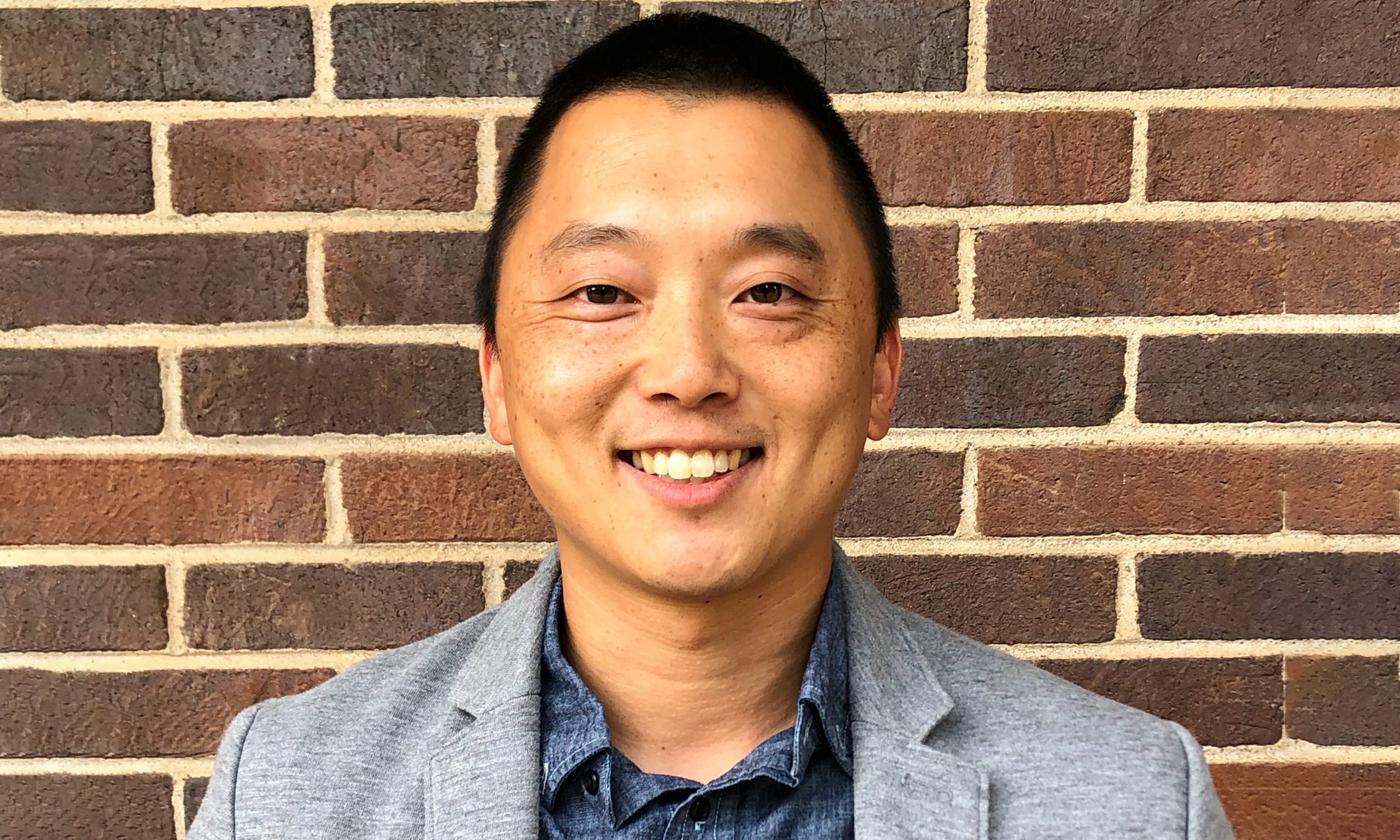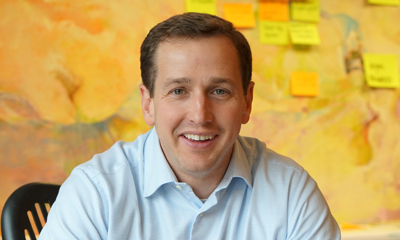
Research
Exploring Alberta’s Independent School Landscape
Diversity, Growth, and Trends
April 23, 2024

Research
Naturally Diverse
This study charts the landscape of independent schools in Ontario as of 2022.
November 22, 2022
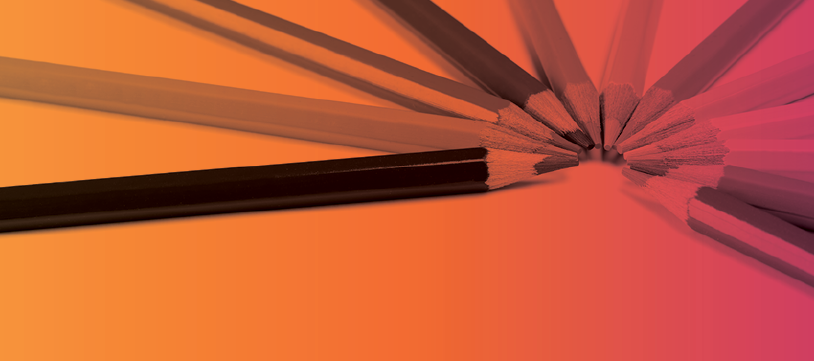
Research
Charting New Horizons for Independent Education in Canada
Cardus senior fellow Deani Van Pelt analyzes Canada's trends in education and brings the leading edge of educational change in 2023.
December 13, 2023
More from Cardus Education

Media Coverage
Independent Schools Help Parents Who Feel Left Out by Public Boards
A case of anti-Semitic vandalism raises questions about whether parents truly matter to the Toronto District School Board.
December 12, 2023
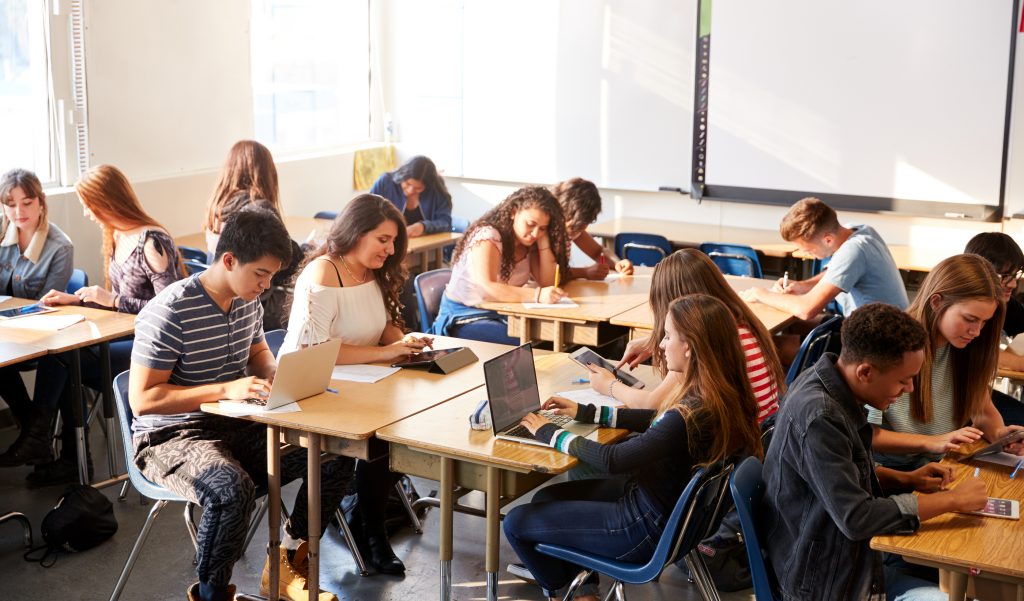
Research
Funding All Students
A Comparative Economic Analysis of the Fiscal Cost to Support Students in Ontario Independent Schools
September 15, 2021

Research
What Ontario Parents Pay for Independent Schooling
What is the true cost of sending a child to an Ontario independent school? Cardus surveyed 21 independent school principals in Ontario to help answer that question, providing a fuller picture of this often misunderstood school sector.
April 25, 2023
Explore more from Cardus Education



